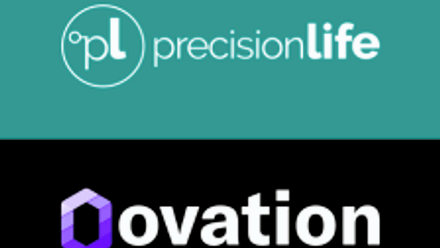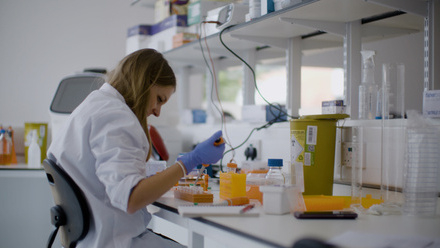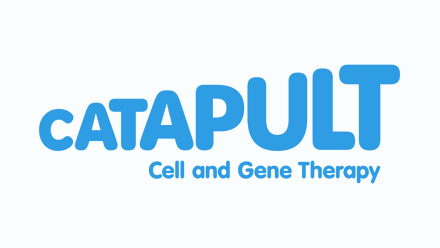Launch of new total-body scanner extends UK’s world-class imaging platform to Scotland
- Total-body PET (Positron Emission Tomography) scanners are up to 40 times more sensitive, up to 10 times faster and can scan 50% more patients per day than existing machines
- The National PET Imaging Platform (NPIP) is a national imaging technology network which delivers this critical clinical infrastructure of scanners and allows clinicians, industry and researchers to collaborate on an international scale
- NPIP’s scanner network speeds up patient diagnosis, treatment and clinical trials
- The UK is driving global adoption of this game-changing technology
Scotland’s first total-body scanner is now operational at the Royal Infirmary of Edinburgh. It is co-managed by the Universities of Edinburgh and Glasgow, delivered by the National PET Imaging Platform (NPIP), and run by UKRI’s Medical Research Council, Innovate UK and Medicines Discovery Catapult. NPIP is funded by a £32 million investment from the UKRI Infrastructure Fund.
The UK is driving the adoption of this game-changing technology through NPIP, which is a strategic concentration of clinical capability that attracts industry investment. It also establishes a platform for the development of new precision radiopharmaceuticals: an area in which the UK can regain a world-leading position.
This expanded national network improves patient care in Scotland by adding further diagnostic capacity and enhancing cancer, cardiovascular, neurological and inflammatory disease diagnosis and treatment. It also attracts industry to trial their newest drugs in the region and inventors to develop and test world-class AI and diagnostics tools. These objectives align closely with the UK government’s Industrial Strategy and Life Sciences Sector Plan.
John Cowan, a patient at the Royal Infirmary of Edinburgh, commented on his experience of the total-body PET scanner:
After coming into hospital with a stroke, the doctors could not tell me what had caused my stroke which was worrying for me. I seized the opportunity to volunteer to take part in a research project using the very latest total-body PET scanner and it was able to pinpoint exactly what had caused my stroke, where the blood clot had come from and what treatment I needed. I am delighted that this scan has given me peace of mind and ensured that I am on the right treatment.
UK Science Minister, Lord Vallance, said:
Many of the great medical discoveries of the last century have roots in Scotland. Edinburgh’s new total body scanner will help more patients to live longer, healthier lives through earlier detection, faster diagnoses and more effective treatment in complex illnesses like cancer, dementia and heart disease for years to come.
Backing our top researchers with cutting edge technology will be key to the next medical breakthroughs that improve lives and drive the economic growth at the heart of the UK Government’s Plan for Change.
Scottish Secretary Ian Murray said:
Scotland’s first total-body scanner becoming operational at the Royal Infirmary of Edinburgh is a game changer for patients and our world leading medical research sector.
Funded by the UK Government, this scanner will help save lives by enabling earlier disease detection. It will also provide for a better patient experience and give our experts new insights into drug development.
Scotland’s life sciences sector is a core strand of the UK Government’s 10-year Industrial Strategy launched this week to improve people’s lives and grow the economy as part of our Plan for Change.
Celebrating the launch, Professor Chris Molloy, Chief Executive of Medicines Discovery Catapult, said:
The national platform we have created allows the combined power of technology and data to be harnessed, attracting industry to test their new treatments here in the UK for the benefit of our patients and our economy. It shows what’s possible when strategic public funding, clinical expertise, industry knowledge and academic excellence come together around a shared national purpose.
These revolutionary scanners help save lives and create large-scale capability for radiopharmaceuticals and AI-enabling datasets.





